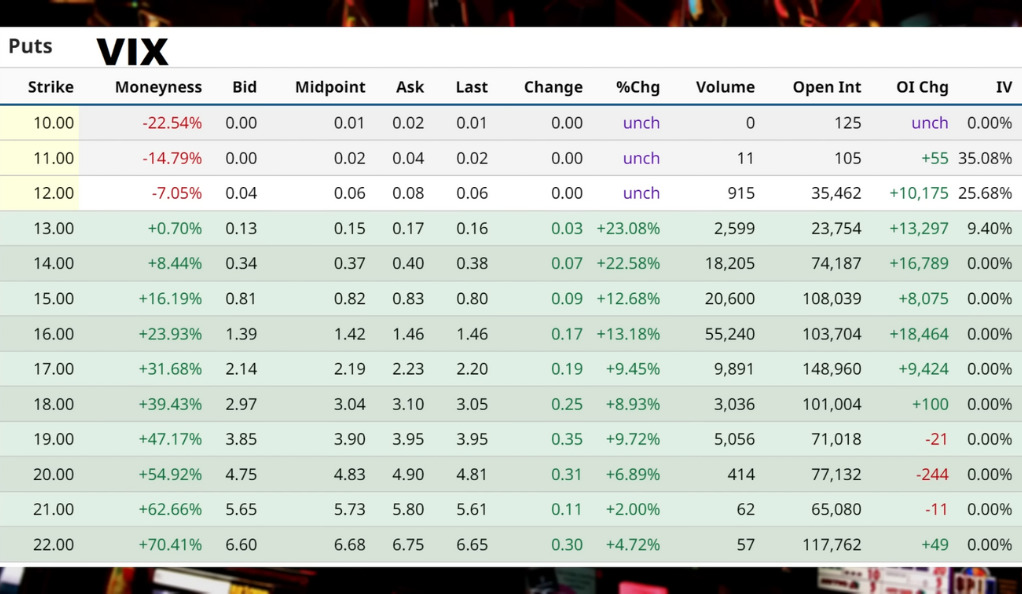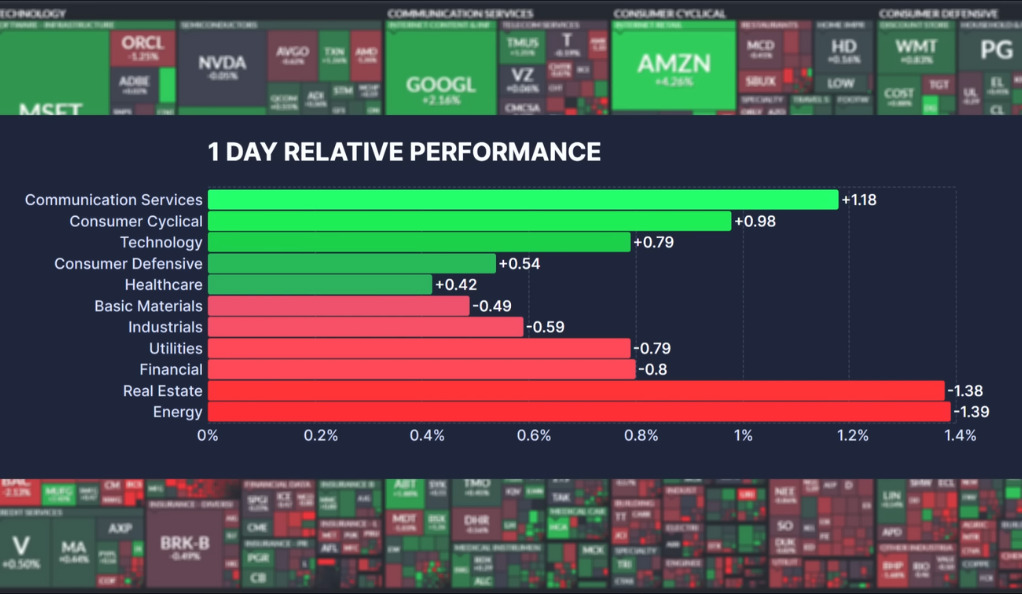In the 21st century, the retail industry has witnessed a seismic shift, a revolution powered by digital technology. This transformation, often referred to as ‘Digital Transformation,’ has fundamentally altered the way businesses operate and interact with their customers. But what exactly is digital transformation, and how has it impacted the retail industry? Let’s delve into this fascinating topic.

Understanding Digital Transformation
Digital transformation is the integration of digital technology into all areas of a business. It’s not just about swapping out old systems for new ones; it’s a complete overhaul of how a business operates and delivers value to its customers. It’s about leveraging technology to improve efficiency, enhance customer experience, and create innovative business models. Digital transformation is not a one-size-fits-all process; it varies from business to business, depending on their unique needs and challenges. However, the ultimate goal remains the same: to use technology to drive growth and success.
The Impact of Digital Transformation on Retail
Digital transformation has indeed left an indelible mark on the retail industry, reshaping the retail landscape and creating a new world of opportunities for businesses willing to adapt and innovate. From small mom-and-pop stores to multinational retail giants, no part of the industry has been left untouched by the digital revolution. Let’s delve deeper into the various ways digital transformation has impacted the retail industry.

Enhanced Customer Experience
The advent of digital transformation has significantly enhanced the customer experience in retail. Today’s customers expect personalized, seamless, and engaging shopping experiences, and digital technologies have made it possible for retailers to meet these expectations. For instance, AI-powered chatbots can provide instant customer service, answering queries and resolving issues round the clock. Augmented Reality (AR) and Virtual Reality (VR) technologies allow customers to virtually try on clothes or visualize how a piece of furniture would look in their home. Personalized marketing, powered by data analytics, enables retailers to offer tailored product recommendations and promotions to each customer, enhancing their shopping experience and boosting sales.
Improved Operational Efficiency
Digital transformation has also led to significant improvements in operational efficiency in retail. Digital technologies like AI, IoT, and cloud computing have streamlined various operational processes, from inventory management to supply chain logistics. For example, AI-powered predictive analytics can help retailers accurately forecast demand, enabling them to manage their inventory more efficiently and reduce costs. IoT devices can track inventory in real-time, preventing stock-outs and overstocks, and reducing the risk of theft or loss. Cloud computing allows retailers to store and access vast amounts of data remotely, improving data management and security.
Creation of New Business Models
Perhaps one of the most exciting impacts of digital transformation in retail is the creation of new business models. E-commerce is a prime example of this. The rise of online shopping has allowed retailers to reach customers beyond geographical boundaries, opening up new markets and opportunities. Similarly, the subscription model, where customers pay a recurring fee to receive a product or service regularly, has gained popularity in various retail sectors, from fashion to groceries. These new business models, enabled by digital technology, have disrupted traditional retail and changed the way businesses operate.

Increased Competition and Customer Expectations
While digital transformation has created numerous opportunities for retailers, it has also increased competition and customer expectations. Today’s customers are more informed and have more options than ever before. They expect high-quality products, excellent customer service, and seamless shopping experiences, both online and offline. To meet these expectations, retailers need to constantly innovate and adapt, leveraging digital technologies to improve their products, services, and processes.
Need for Digital Skills and New Roles
As retailers increasingly adopt digital technologies, there is a growing need for digital skills in the retail workforce. Roles like data analysts, digital marketers, and e-commerce specialists are in high demand. At the same time, traditional retail roles are evolving, with sales associates and store managers increasingly needing to be tech-savvy. This shift in skills and roles presents both a challenge and an opportunity for retailers. On one hand, they need to invest in training and development to equip their workforce with the necessary digital skills. On the other hand, they can leverage these new skills to drive innovation and growth in their business.
Case Studies: Success Stories in Digital Transformation
To truly understand the impact of digital transformation, let’s look at some real-world examples. Companies like Amazon, Zara, and Sephora have successfully harnessed digital technology to revolutionize their operations and customer service. Amazon, with its customer-centric approach and innovative use of technology, has become the gold standard for e-commerce. Zara, on the other hand, has used data analytics to optimize its supply chain, allowing it to respond quickly to changing fashion trends. Sephora has leveraged AR and AI to enhance its customer experience, offering virtual makeup try-ons and personalized product recommendations. These companies serve as a testament to the power of digital transformation.

The Future of Digital Transformation in Retail
As we look to the future, it’s clear that digital transformation will continue to shape the retail industry. Emerging technologies like the Internet of Things (IoT), blockchain, and 5G are set to further revolutionize the retail landscape, offering endless possibilities for innovation. Retailers that fail to adapt to these changes risk being left behind in the digital dust. Let’s delve deeper into what the future might hold.
The Internet of Things (IoT) in Retail
The Internet of Things (IoT) refers to the network of physical devices, vehicles, appliances, and other items embedded with sensors and software that enable these objects to connect and exchange data. In the retail industry, IoT has the potential to significantly enhance both the customer experience and operational efficiency.
For instance, smart shelves equipped with weight sensors can alert staff when they need to be restocked, ensuring that products are always available for customers. IoT devices can also provide customers with real-time information about product availability, price changes, or special offers. In the future, we can expect to see even more sophisticated use of IoT in retail, with technologies like smart mirrors that can suggest outfits or smart shopping carts that can automatically check out items.
Blockchain Technology in Retail
Blockchain technology, best known for powering cryptocurrencies like Bitcoin, has significant potential in retail. Its ability to provide a secure, transparent, and tamper-proof record of transactions makes it ideal for applications like supply chain management.
Retailers can use blockchain to track products from manufacture to sale, ensuring authenticity and preventing fraud. This could be particularly useful for high-value or sensitive items, like luxury goods or food products. In the future, blockchain could also enable new business models in retail, such as peer-to-peer marketplaces or tokenized loyalty programs.

5G and the Future of Retail
5G, the next generation of mobile internet connectivity, promises faster speeds and more reliable connections. For retailers, this could enable more sophisticated use of technologies like AR and VR, providing customers with even more immersive and personalized shopping experiences. It could also facilitate the use of IoT devices in stores, improving efficiency and customer service.
In addition, 5G could revolutionize the way retailers collect and analyze data. With faster and more reliable connections, retailers could gather real-time data from a wide range of sources, from in-store sensors to online shopping behavior. This data could then be analyzed to gain insights into customer preferences, optimize operations, and predict future trends.
AI and Machine Learning
Artificial Intelligence (AI) and Machine Learning (ML) have already made significant inroads in retail, and their influence is set to grow in the future. AI and ML can be used to analyze customer data, predict trends, personalize marketing, manage inventory, and much more. As these technologies become more sophisticated, we can expect to see even more innovative applications in retail.
The Rise of Omnichannel Retail
Omnichannel retail, which provides customers with a seamless shopping experience across different channels (like physical stores, online stores, mobile apps, etc.), is set to become the norm in the future. Digital technologies enable retailers to integrate their various sales channels, providing a consistent and personalized customer experience. In the future, we can expect to see even more integration between online and offline retail, with technologies like AR and VR blurring the lines between the two.
Personalization and Customer Engagement
As digital transformation progresses, retailers will have more tools and data at their disposal to create highly personalized shopping experiences. Using AI and machine learning, retailers can analyze customer behavior and preferences to offer personalized product recommendations, tailored promotions, and unique shopping experiences. This level of personalization can significantly enhance customer engagement and loyalty.
Sustainability and Ethical Retailing
As consumers become more conscious of environmental and ethical issues, retailers will need to incorporate sustainability into their digital transformation strategies. This could involve using technology to reduce waste, promote ethical sourcing, or provide transparency about the environmental impact of products. Blockchain, for instance, could be used to verify the ethical sourcing of products, while AI could help optimize logistics to reduce carbon emissions.
Data Security and Privacy
As retailers collect and analyze more customer data, they will also need to prioritize data security and privacy. This will involve not only implementing robust security measures but also ensuring transparency and gaining customer trust. Retailers will need to clearly communicate how they collect, use, and protect customer data, and provide customers with control over their own data.
The Digital Skills Gap
As digital transformation progresses, there will be a growing demand for digital skills in the retail workforce. Retailers will need to invest in training and development to equip their employees with the necessary skills. This could involve partnering with educational institutions, offering on-the-job training, or even using VR to simulate different job roles and scenarios.
The Role of Government and Regulation
As the retail industry undergoes digital transformation, there will also be a need for government regulation to keep pace. This could involve regulations around data security and privacy, ethical issues related to AI, or even the taxation of online sales. Governments and retailers will need to work together to ensure that digital transformation benefits everyone and doesn’t lead to issues like job losses or increased inequality.
Conclusion
In conclusion, the future of digital transformation in retail looks bright, with emerging technologies offering endless possibilities for innovation. However, with these opportunities come challenges. Retailers will need to navigate issues like data security, privacy, and the digital skills gap. They will also need to keep up with rapidly evolving customer expectations. Those that can successfully navigate thesechallenges and harness the power of digital transformation will be the ones who thrive in the new retail landscape.
Ainu Token aims to offer impartial and trustworthy information on cryptocurrency, finance, trading, and shares. However, we don't provide financial advice and recommend users to conduct their own studies and thorough checks.



Comments (No)